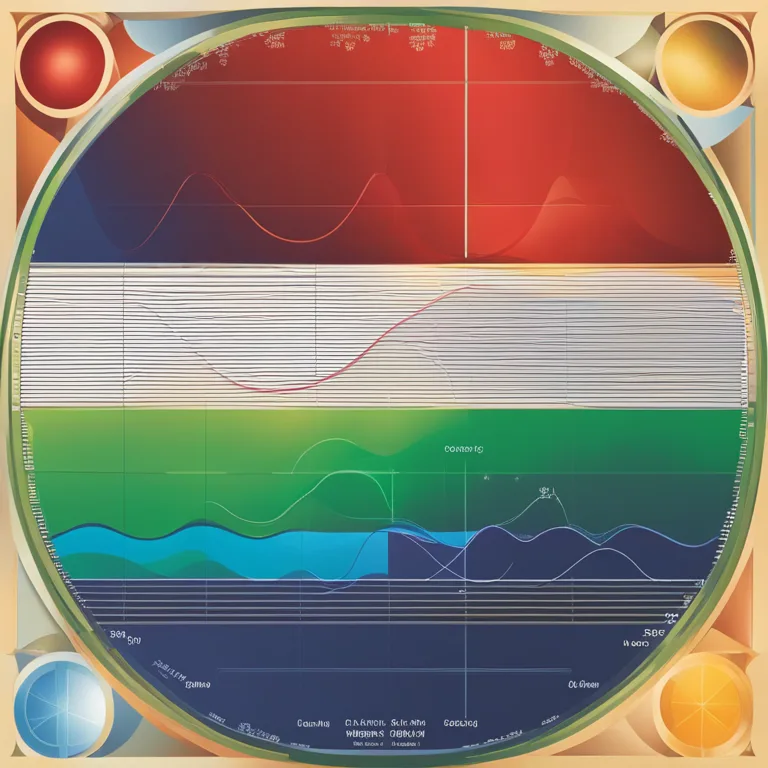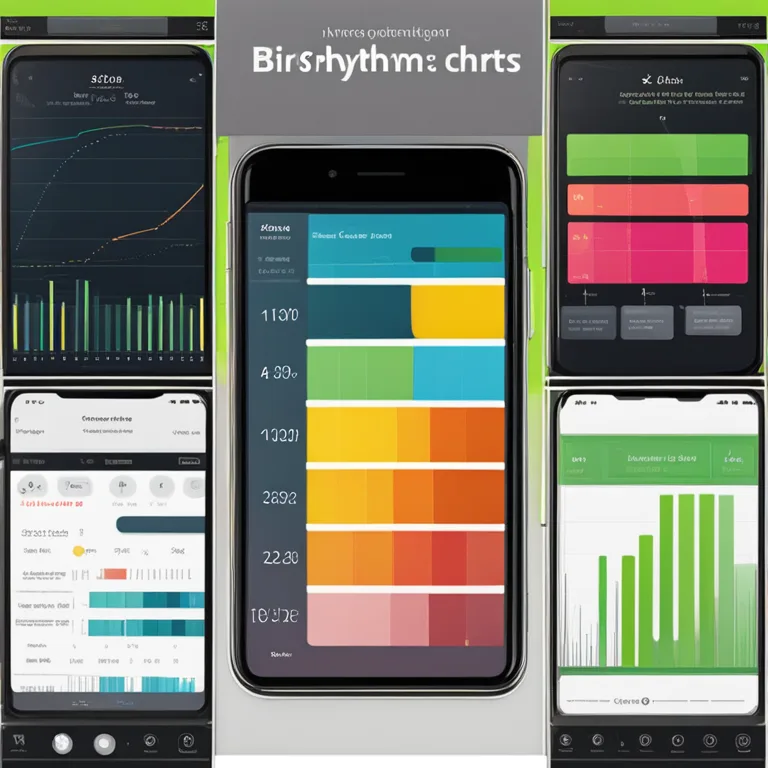
The Essentials of Biorhythm Theory
Delve into the biorhythm theory—its origins, cycles, and influence on personal well-being and daily life.
article by Adrian Wallace
Introduction to Biorhythm Theory
Biorhythm theory is a concept that suggests our daily lives are significantly influenced by rhythmic biological cycles. It hypothesizes that from birth, three primary cycles—a physical, emotional, and intellectual—govern our bodies and minds, impacting our abilities and moods. This notion, though not scientifically proven, has gained popularity as a way of predicting and understanding fluctuations in human performance and tendencies. In this article, we'll explore the intricacies of the biorhythm theory and its proposed impact on personal well-being.

Origins of the Biorhythm Concept
The idea of biorhythm dates back to the late 19th century, with the work of Dr. Wilhelm Fliess, a contemporary of Sigmund Freud. Fliess believed in the existence of innate biological rhythms and their effects on human health and behavior. Although his work was initial and not widely endorsed by the scientific community, it set a foundation for later enthusiasts and researchers to develop the modern concept of biorhythms that we discuss today, particularly in the realms of alternative wellness and lifestyle optimization.

The Three Core Biorhythm Cycles
The primary biorhythm cycles include the physical cycle of 23 days, an emotional cycle of 28 days, and an intellectual cycle of 33 days. These cycles are thought to influence various aspects of our lives, such as stamina, coordination, emotions, mood, analytical thinking, and decision making. Proponents suggest that by tracking these cycles, individuals can predict their peaks and troughs, and optimize their activities accordingly. It's worth noting that despite the widespread interest, these ideas lack empirical support from the scientific community.

Calculating Your Biorhythms
Modern technology has significantly simplified the process of calculating personal biorhythms. Many online platforms and mobile applications are available in 2024, offering personalized biorhythm charts based on one's birth date. These are designed to provide insights into one's physical, emotional, and intellectual highs and lows, which some believe can be beneficial for planning activities, making decisions, or understanding personal interactions.

Biorhythm Theory in Daily Life
Despite the absence of scientific evidence, some individuals integrate biorhythm theory into their daily routines. They may use their biorhythm charts to select favorable days for important events or to explain and prepare for days when they might not be at their best. Although it's primarily considered a pseudoscience, the theory has endured due to the personal value and order it can provide to one's life in an unpredictable world.
Critical Viewpoints on Biorhythm Theory
The scientific community generally views biorhythm theory as a pseudoscience because it lacks empirical support and its foundational claims have not withstood rigorous testing. Critics argue that the theory's predictions are too broad and nonspecific, often relying on the Barnum effect, where generalized statements are perceived as personally meaningful. Therefore, while biorhythm theory may hold subjective value for some, it is important to approach it critically and acknowledge its limitations.
Conclusion and Future Perspectives
As we look beyond 2024, biorhythm theory remains a topic of interest for those inclined towards alternative wellness and self-help models. Whether its applications grow in popularity or evolve into other concepts, its fundamental appeal lies in the human desire for knowledge and control over the unseen rhythms that might influence our everyday existence. As with any theory outside the mainstream scientific consensus, it encourages a balanced perspective, emphasizing personal experience alongside a healthy skepticism.
Published: 12/28/2023
Modified: 12/28/2023
More predictions
Come back here soon to learn more about yourself and your future


Exploring Human Biorhythmic Cycles
Explore the fascinating concept of biorhythms and their influence on physical, emotional, and intellectual faculties in humans.


Biorhythms In Humans Explored
Exploring the concept of biorhythms and their influence on human behavior and physical states.


Biorhythm Theory: Fact Or Fallacy?
Explore the fascinating concept of biorhythms to discern if there's any scientific accuracy behind this popular belief.